Overview
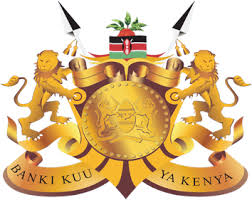
- Act: Central Bank of Kenya Act, Cap 491
- Formed: 1966
- Governor : Dr Kamau Thugge
- X (Twitter)
The Central Bank of Kenya (CBK) was established under the Central Bank of Kenya Act, Cap 491 and began operations on September 14, 1966. It serves as Kenya’s primary monetary authority, regulating financial institutions, formulating monetary policy, and ensuring price stability. CBK also oversees currency issuance, foreign exchange management, and the financial system’s stability. It operates independently but reports to the National Treasury. Over the years, CBK has played a crucial role in Kenya’s economic growth, financial sector development, and maintaining confidence in the country’s monetary system.
Governor : Dr Kamau Thugge
Dr. Kamau Thugge holds a Ph.D. and Master’s in Economics from Johns Hopkins University and a Bachelor’s from Colorado College. He has served as Treasury P.S, Senior Economic Advisor to the President, and worked at the IMF as a Senior Economist.
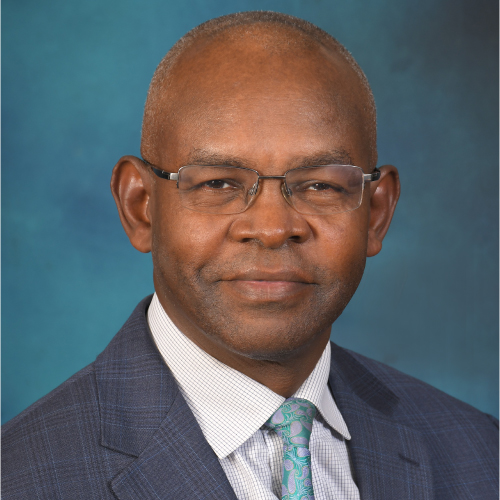
Management Team
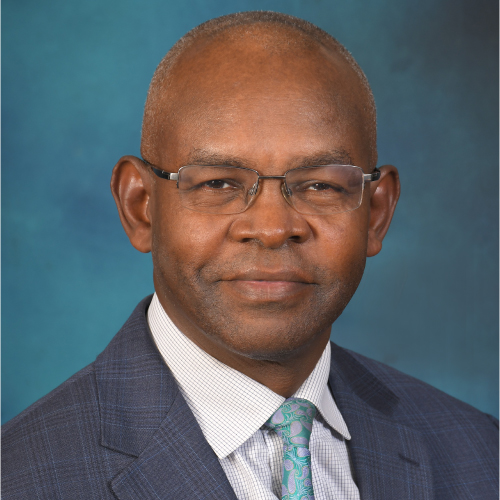
Dr Kamau Thugge
Governor

Dr. Susan Koech
Deputy Governor
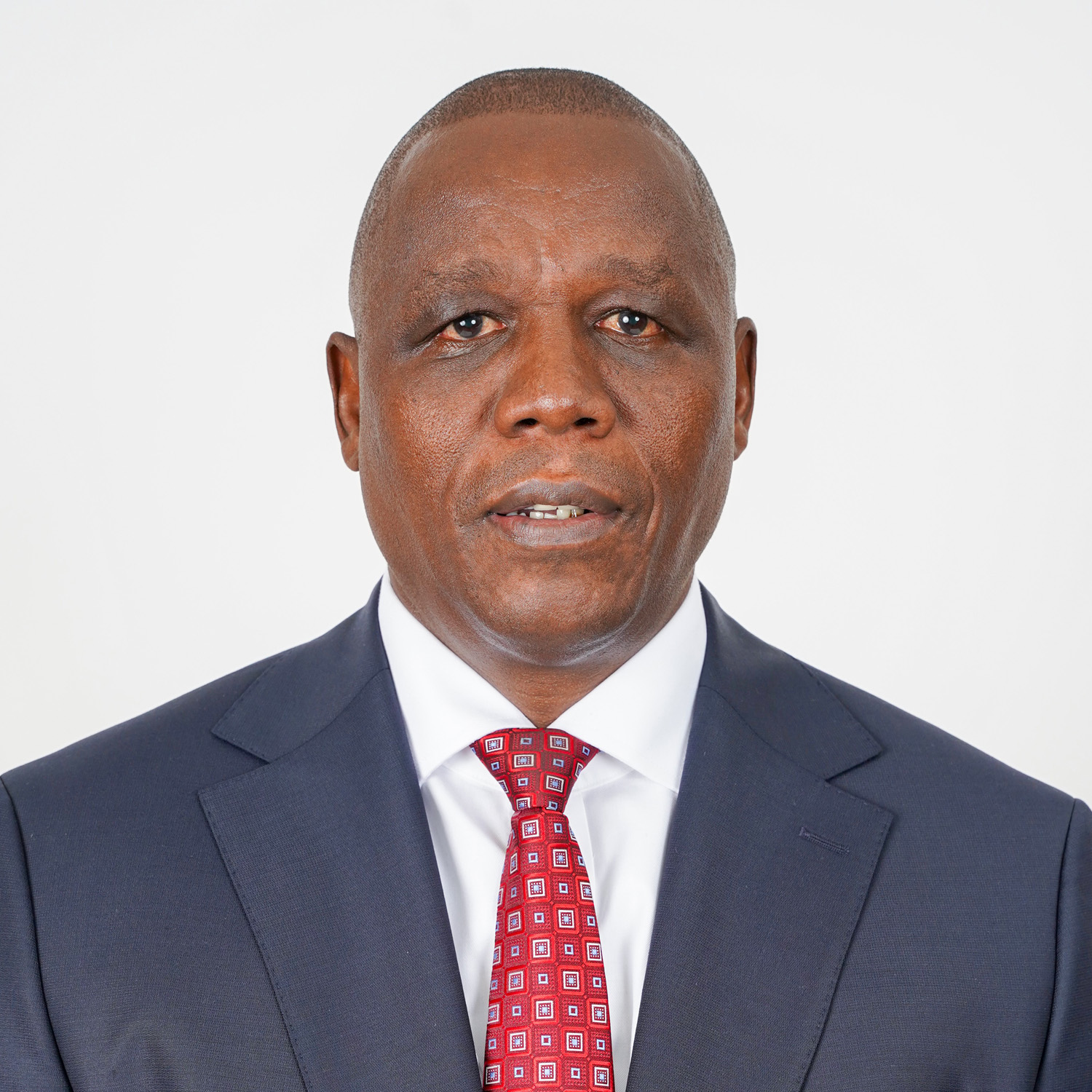
Gerald Nyaoma
Deputy Governor

Kennedy K. Abuga
Director, Governors’ Office
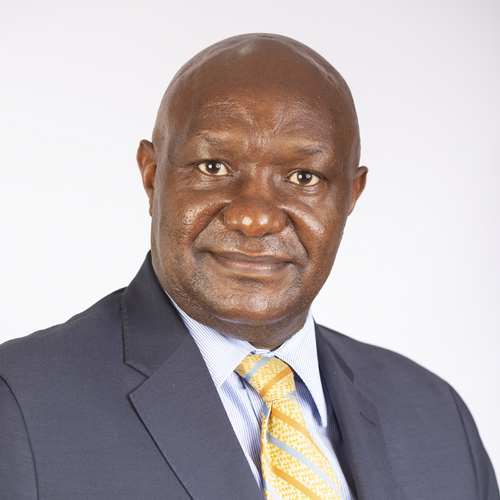
William Nyagaka
Director, CBK Institute of Monetary Studies

David Luusa
Director, Financial Markets

Michael Eganza
Director, Banking and Payment Services

Stephen Muriu
Director, General Services

Darliah Mbugua
Director, Human Resources

Prof Robert Mudida
Director, Research

Caroline Mackola
Director, Finance

Dr. Walter Onyino
Director, Information Technology Department

Leonard O. Ouma
Acting Director, Internal Audit and Risk Department

Evans K. Muttai
Acting Director, Currency Operations Department
Board of Governors

Andrew Mukite Musangi
Board Chairman
Functions
- Formulating Monetary Policy – Regulates money supply and interest rates to maintain price stability and economic growth.
- Issuing Currency – Sole authority for printing and distributing Kenya’s currency to ensure a stable monetary system.
- Regulating and Supervising Banks – Oversees commercial banks to ensure financial stability and compliance with laws.
- Managing Foreign Exchange Reserves – Controls foreign currency reserves and exchange rates to stabilize the economy.
- Ensuring Financial System Stability – Monitors financial institutions to prevent banking crises and protect depositors.
- Advising the Government on Financial Policies – Provides expert guidance on fiscal and economic matters.
- Managing Public Debt – Oversees government borrowing and repayment to maintain debt sustainability.
- Acting as Lender of Last Resort – Provides emergency funding to banks facing liquidity shortages.
- Promoting Financial Inclusion – Supports initiatives to expand access to banking and financial services.
- Combating Financial Crimes – Enforces anti-money laundering and counter-terrorism financing regulations.
Important Links
Address & Contacts
- Central Bank of Kenya
- P.O Box 60000 – 00200, Nairobi, Kenya
- comms@centralbank.go.ke
- +254-202 860 000| +254 202 861 000 | +254 202 863 000 | +254 709 081 000 | +254 709 083 000